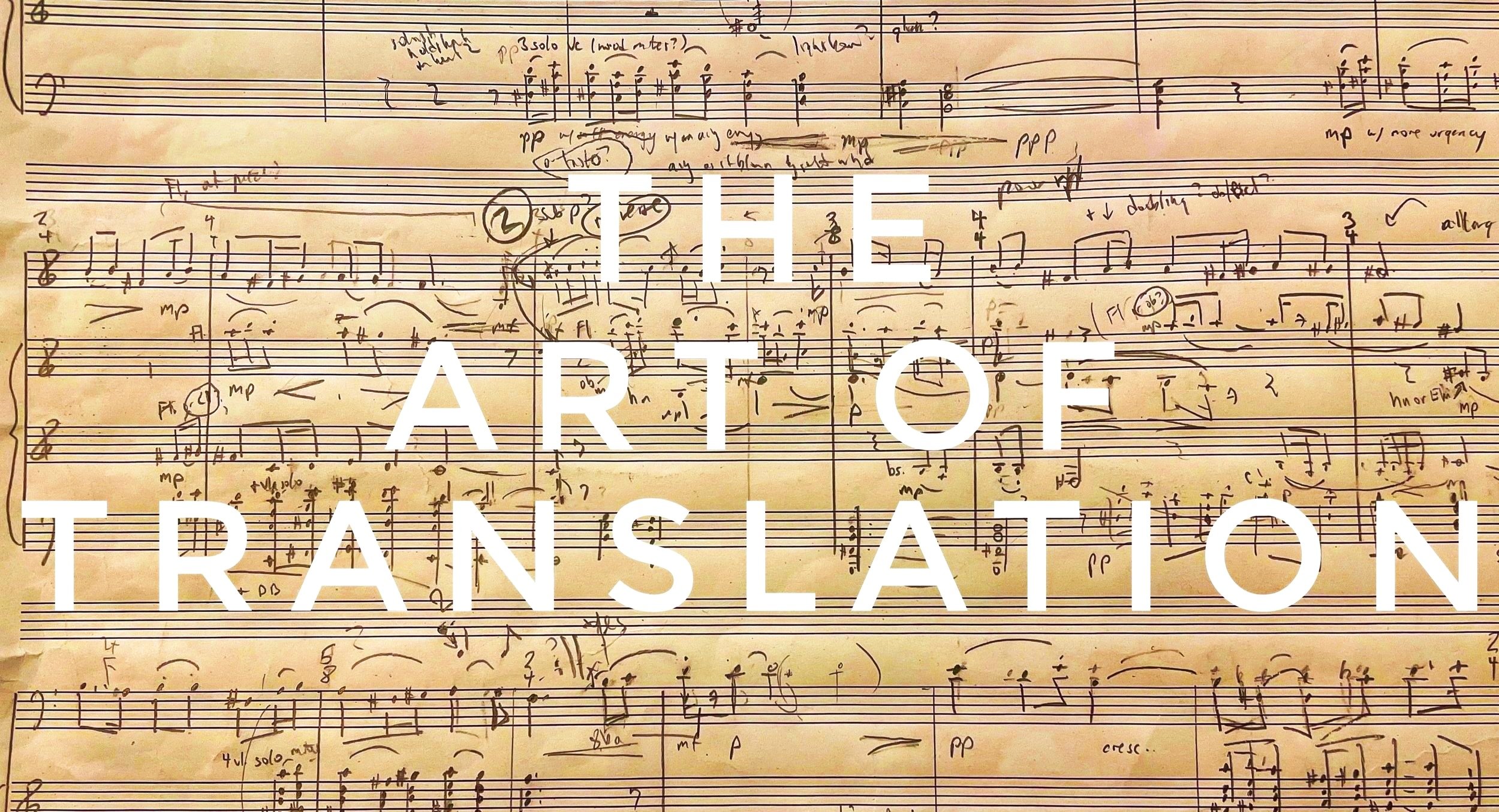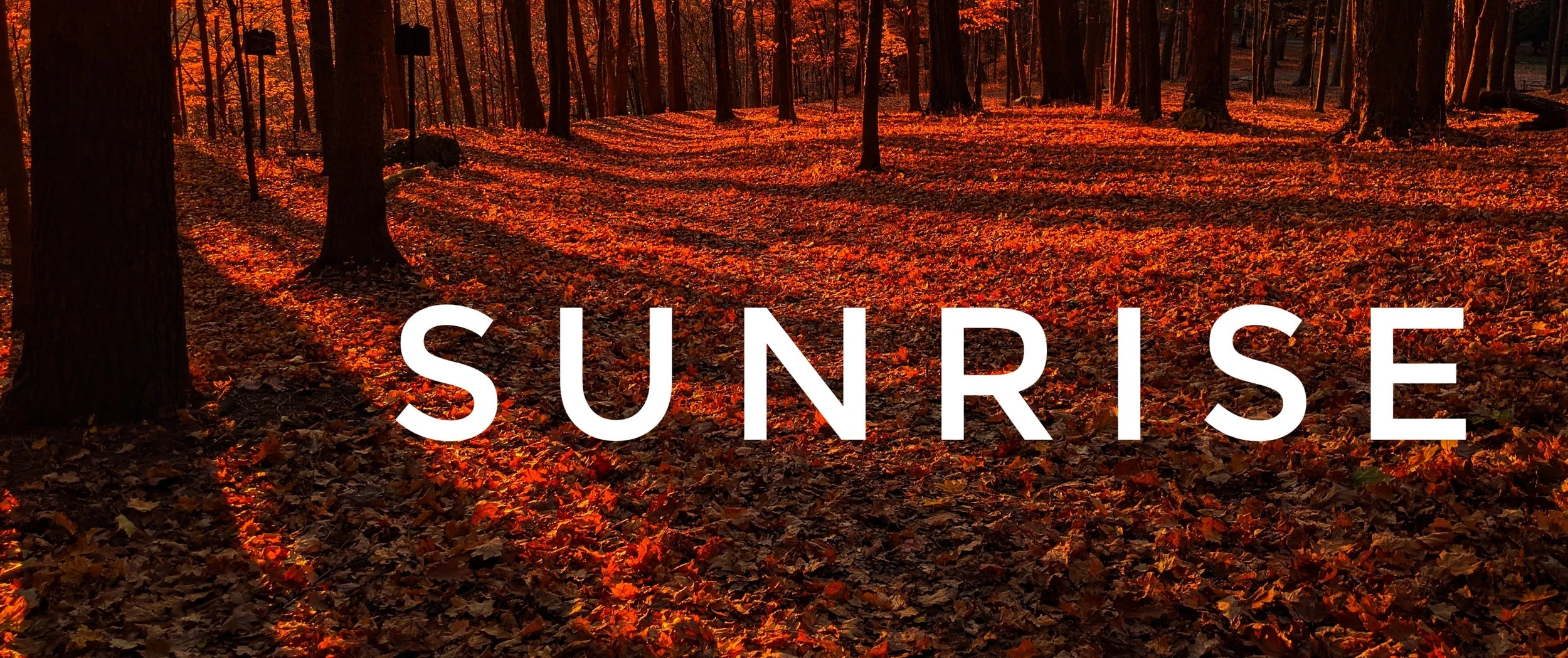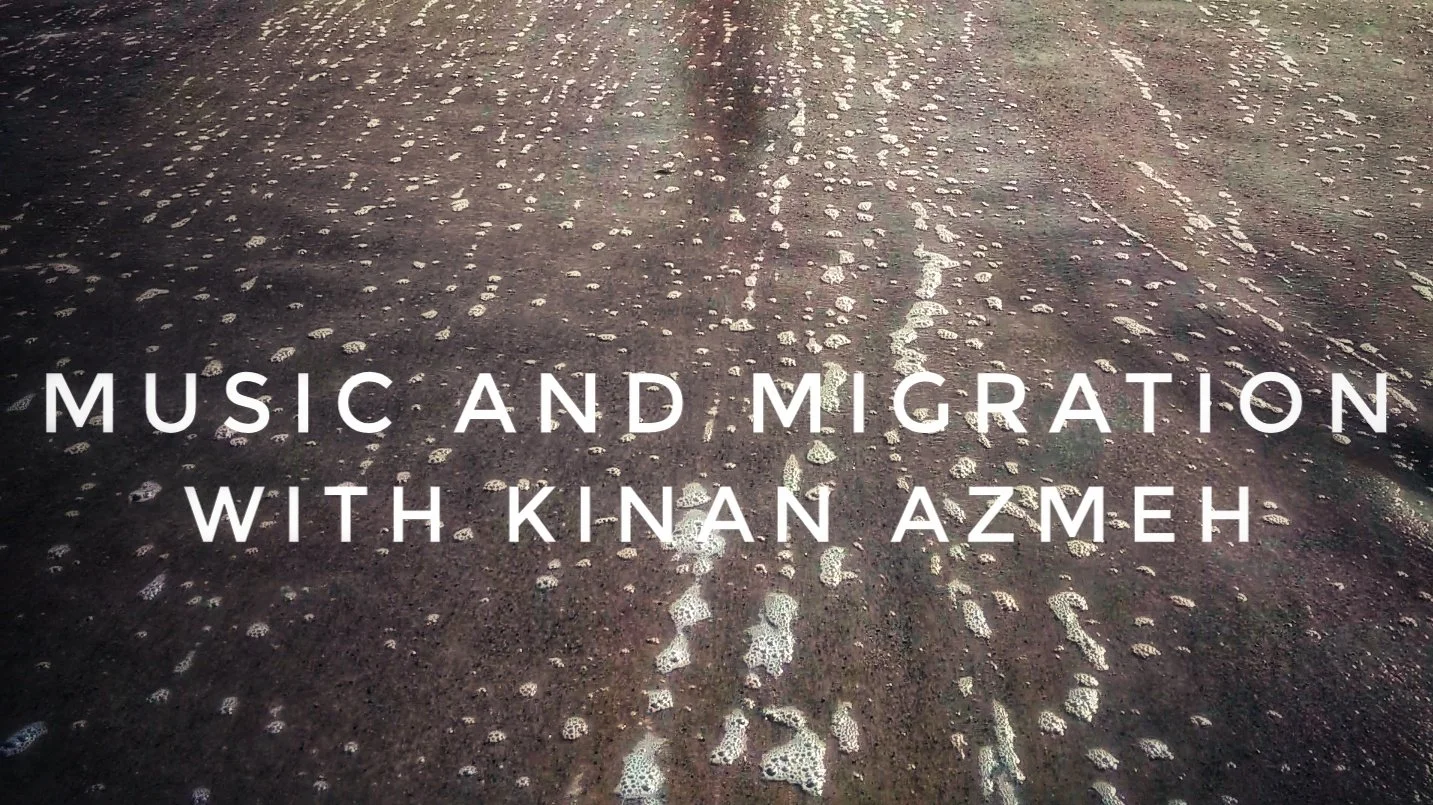2022-23 Season Programs
LEMBIT BEECHER (b. 1980): These Are Not Estonian Flowers (2021)*
FRANZ SCHUBERT: An Die Musik
HANNAH KENDALL (b. 1984): Glances / I Don’t Belong Here (2019)
FRANZ SCHUBERT: Nacht und Träume
PAUL WIANCKO (b. 1983): Purple Antelope Sound Squeeze (2021)*
NINA SHEKHAR (b. 1995): Above the Fray (2020)
FRANZ SCHUBERT: String Quartet No. 14 in D Minor, Death and the Maiden
*commissioned by the Phillips Collection, written for the Aizuri Quartet
How does art translate from one medium to another? How do we account for our varied and personal responses to art? This program, bringing together the music of Franz Schubert and contemporary composers Lembit Beecher, Hannah Kendall, Nina Shekhar and Paul Wiancko, explores these questions. The first half of the program, performed without pause, opens and closes with new works written for the Aizuri Quartet by Lembit Beecher and Paul Wiancko. Created in response to the visual art of Alma Thomas and Sam Gilliam respectively, these works are recent commissions by the Phillips Collection in Washington D.C. Composer Hannah Kendall’s Glances / I Don’t Belong Here is “a collection of seven miniatures inspired by the British-Guyanese artist Ingrid Pollard’s Pastoral Interludes, a series of photographs in which her Black British subjects are posed in the Lake District, the epitome of rural Britain; exploring the notion of alienation and ‘otherness’ in such spaces.” These compelling new works are juxtaposed with two art songs by Franz Schubert, An Die Musik and Nacht und Träume. In new arrangements created for the Aizuri Quartet, they allow the listener a moment to reflect and to pause, to consider Schubert’s ode to art and the dream world where ambiguities reside.Opening the second half, Nina Shekhar’s Above the Fray, for live quartet and electronics, features a reimagining of J.S. Bach’s Prelude in G major for solo cello. She asks, “What if our responses to a piece of art wildly differ from each other and change over the course of our lives? And what if art itself is not a static monolith, but rather something dynamic that we allow to breathe, reshape, decompose, and reincarnate into new lifeforms over time?” Following Shekhar’s fleetingly beautiful consideration of the passage of time, we return to the 19th Century. Schubert’s Death and the Maiden features two levels of translation: Matthias Claudius’s poem (“Der Tod und das Mädchen”) inspired the composer’s lied of the same name (composed in 1817), which in turn formed the basis for the second movement of his beloved string quartet. Written in the throes of a serious illness, Schubert’s Death and the Maiden transforms a short poem into an epic, deeply felt contemplation on life and death.
- Karen Ouzounian
CLARA SCHUMANN (arr. Karen Ouzounian): Ich stand in dunkeln Träumen
BÉLA BARTÓK: String Quartet No. 4
TANYA TAGAQ (b. 1975): Sivunittinni (2015)
FRANZ JOSEPH HAYDN: String Quartet Op. 76 No. 4 in B-flat major, Sunrise
Expressing the many facets of night, the music of “Sunrise” traces a journey from darkness into dawn. The first three pieces on the program explore different ways of experiencing the night. Arranged for the Aizuri Quartet, Clara Schumann’s lyrical art song Ich stand in dunkeln Träumen, written following a period of separation from her husband, encapsulates both the reverie and the psychological turbulence that night has the uncanny ability to prompt. At the fulcrum of Bartók’s energetic and profoundly impactful String Quartet No. 4 is a searching and evocative slow movement in his self-described “night music” style, which captures the atmosphere, textures and sounds of nocturnal nature. Bartók draws us out of this world with a jaunty pizzicato fourth movement, and the quartet culminates in an explosive, earthy finale. The second half of the program opens with the Canadian Inuk vocalist and multi-disciplinary artist Tanya Tagaq’s Sivunittinni. Drawing from her style of Inuit throat singing, she describes her string quartet as a piece of the land, and perhaps “a little bit of a wake-up” from humankind’s disconnect from nature. And finally, welcoming us into the light of dawn are the gorgeous opening chords and ascending melodic lines of Haydn’s warm and jovial Sunrise Quartet.
- Karen Ouzounian
SHAWN JAEGER (b. 1985): we were happy were we (2022)
ROBERT SCHUMANN: String Quartet No. 1 in A minor, Op. 41 No. 1
—THE AIZURI SONGBOOK—
JOANNA NEWSOM: Bridges and Balloons (arr. Christina Courtin)
FRANZ SCHUBERT: Der Lindenbaum from Winterreise, D. 911 (arr. Michi Wiancko)
CLARA SCHUMANN: Ich Stand in Dunkeln Träumen (arr. Karen Ouzounian)
CLAUDE DEBUSSY: Romance: Voici que le printemps (arr. Miho Saegusa)
CÉCILE CHAMINADE: Ronde d’amour, Ah! Si l’amour prenait les racines (arr. Lembit Beecher)
American Traditional: Working on a Building (arr. George Meyer)
ANNA ROBERTS-GEVALT: After Lester
ELIZABETH COTTEN: Freight Train (arr. Karen Ouzounian)
ELEANOR ALBERGA (b. 1949): Remember
BEN RUSSELL: Weather Vane
Songs are a powerful human instrument. A visceral emotion, a culture’s history, a political statement, an epic tale, can all be distilled into a single song. Our “Song Emerging” program is an unfolding of a series of song-inspired works and songs that are near and dear to the Aizuri Quartet’s heart and identity. The program opens with a bold, brand new work written for the Aizuris by the American composer Shawn Jaeger (b. 1985, Louisville, Kentucky). A longtime friend of the quartet, Shawn’s piece titled we were happy were we draws inspiration from the heart-breaking Adagietto by Gustav Mahler. The program continues with the first string quartet of Robert Schumann, whose writing was inextricably linked to romantic lieder and vocal music. The second half of “Song Emerging” is a surprising collection of songs, curated meticulously by the Aizuris. A combination of classical lieder, traditional tunes, and new arrangements commissioned specifically for this program, the Songbook consists of songs that each hold personal meaning for the quartet. The collection includes composers we deeply admire like Eleanor Alberga as well as our fiercely talented friends and colleagues like fiddler/songwriter Anna Roberts-Gevalt, and is a celebration of the most direct human expression in music.
- Ayane Kozasa
“Music and Migration” is a collaborative touring program offered with Syrian-American clarinetist and composer Kinan Azmeh. All five of us have different personal relationships to and experiences of migration, as do our families, and the music of this concert approaches the theme of migration in the broadest possible terms, both as a physical journey and state of mind, something that occurs both between and within countries. Stemming from a deep friendship between the Aizuri Quartet and Kinan Azmeh, and built around two new commissions from the extraordinary composers George Lewis and Layale Chaker, the music of this program, wide ranging in style and approach, will include additional works for string quartet and clarinet by Azmeh, Michi Wiancko and Wang Lu, among others.
Presenters are encouraged to participate as commissioning partners in “Music and Migration.”



